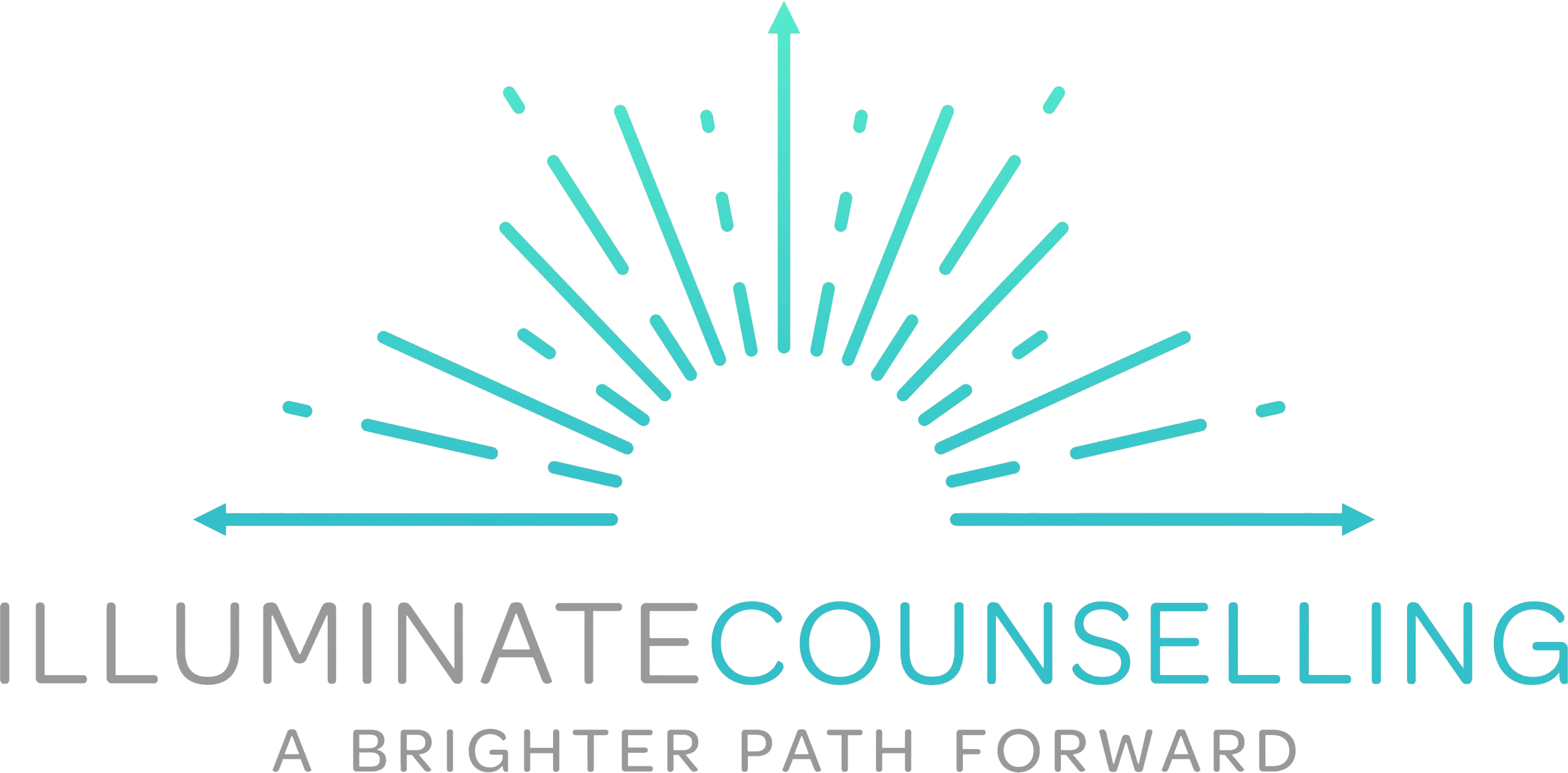#1. Commitment in relationships means more than saying ‘I do’
Weddings are an excellent opportunity for couples to celebrate their love and also vocalize their intentions in front of friends and family – who they want to be as a partner as well as what they cherish in the other.
It’s been said over and over, but we will repeat it here, that a wedding is a day and a marriage is a lifetime. Practically, this can mean that true commitment has to be demonstrated on an ongoing basis, and not just when things are going well. This may be small gestures like thanking your partner, showing appreciation, and apologizing first, or it could be more significant moments such as buying a home together, supporting your partner through a difficult time, and making efforts to integrate into each other’s families.
#2. A little bit of relationship doubt is GOOD
We sometimes hear from clients who are doubting the future of their relationship, that this must mean something – it must be their intuition telling them to leave or that something isn’t ‘quite right’. We agree that major, constant doubts that do not go away certainly carry significance (see #6 below). However it can also be true that doubt, in and of itself, is not grounds for ending a relationship.
Being unsure about any major decision is to be expected. It is a healthy way for us to really weigh all of our options, to speak to friends, family, or just have a chat with ourselves. Why would we expect to not have doubts about commitment to life partner? What decision could have a greater impact on your life? I don’t say this to encourage cold feet, but more to normalize the process of questioning. It serves to make you more certain in the end, or to encourage a change if that’s what needs to happen. Doubts facilitate no stone to be left unturned within a relationship.
#3. Commitment in relationships can be scary!
But anything worthwhile is. For everything in this world that is important to us, is also the possibility that it can be taken away. In relationships, people can change, grow apart, get sick, or act in ways that disappoint us. Because of this, committing to a partner, second only we would suspect to having kids, has the potential for creating significant pain that a life lived without it may not. For some, the primary fear is about being ‘trapped’ or ‘tied down’; others have voiced the fear of heartbreak or simply of the unknown.
At its core, when you commit to a significant other, you are demonstrating that you trust them to be careful with your heart, to support you in achieving what you want from life, and working through the difficult times as a team. You are also signing up for the highs and lows that come from navigating life alongside another person, who naturally will have their own struggles, ideas, expectations, and flaws. Ironically, what can be frightening also has the potential to create feelings of amazement, wonder, and intense happiness.
#4. A Relationship with problems is normal & expected
Both research and clinical evidence continue to demonstrate that successful relationships are full of problems – some solvable, and some that never go away (referred to as perpetual problems). In fact, John Gottman’s research has shown that 69% of relationship conflict relates to those perpetual problems, as a result of fundamental differences in personality or lifestyle. What is most important is how you dialogue about the issues and to what degree can you accept the difference.
For more on this topic, see the Gottman blog: https://www.gottman.com/blog/managing-conflict-solvable-vs-perpetual-problems/
#5. As time passes, it can be more difficult to raise major concerns
As time passes and a relationship gets more serious, it can become increasingly difficult for people to share outstanding issues. If there’s an engagement, even more so: with a wedding already being planned, there is sometimes an unspoken rule that by that point, there are to be no concerns.
This highlights the need to create a culture of openness and honesty in a relationship, and to address doubts as they arise. Premarital counselling can also be a good option to open up the dialogue of unaddressed issues in an environment where it is safe to share them.
#6. Sometimes commitment in relationships take a leap of faith
In our office, we often get asked, “how do I know for sure if they are ‘the one’?” It is a surprisingly common concern among young adults in even very committed relationships. Clients describe questions of compatibility, long lists of pros and cons about a partner, or things that are wrong with the relationship itself. Sometimes I hear from people that there are no major problems in the relationship, but rather too much comfort, which can create worries as well.
If the doubting continues for too long, it can be damaging of course. Having one foot in and one foot out the door prevents you from giving yourself completely to the relationship. At some point, taking a leap of faith and the uncertainty that comes with it, is part of the deal. Although there are no guarantees, this risk allows you to give your whole heart to someone, and trust that together you can work through whatever comes your way.
#7. Accepting your partner is key
On a related note, although it sounds cliché, so many of the issues that I see in relationships either can be directly or indirectly attributed to a lack of deep acceptance for each other. That is not to say that anyone should tolerate disrespectful or destructive behaviour, or that we can’t make requests of our partner to do better. What we mean is how much value there is in truly understanding and respecting the other.
When we stop trying to change the other person into someone they are not, we can create an opening to really appreciate and admire the other person for their uniqueness (and these are often traits that we lack!). When this is in place, great things can happen where both partners have the freedom to be themselves and to grow, secure in knowing this will be supported within the relationship.
Counselling can help you sort out how you feel
If you are reading this and still in the ‘I don’t know’ place, we hope that the points above will help you move towards greater certainty about your relationship, one way or the other. Or perhaps you would benefit from sorting through your feelings with a trained relationship counsellor. You don’t need to go through this alone! We have a team of counsellors that can help you work through any anxiety, hesitations, or complications. Our therapist Saba specializes in premarital and relational counselling; if you’d like to work with Saba, you can learn more on her bio page here.




